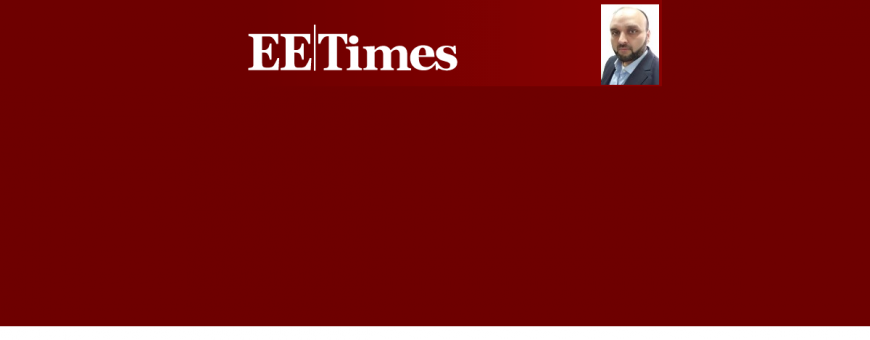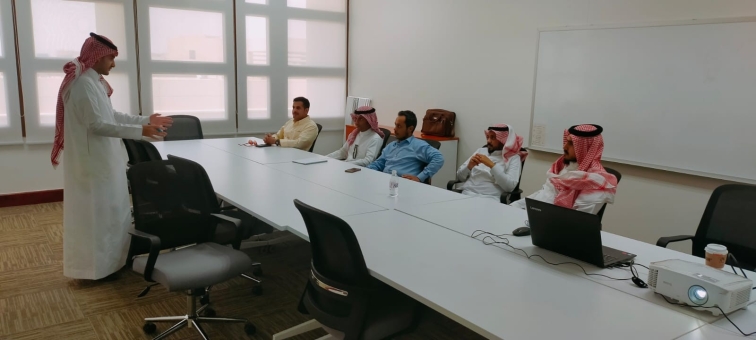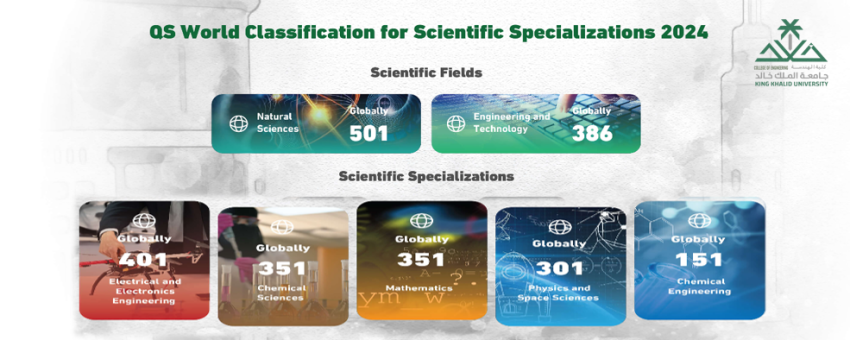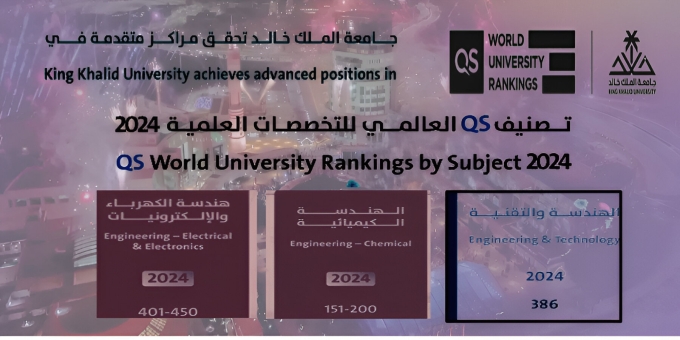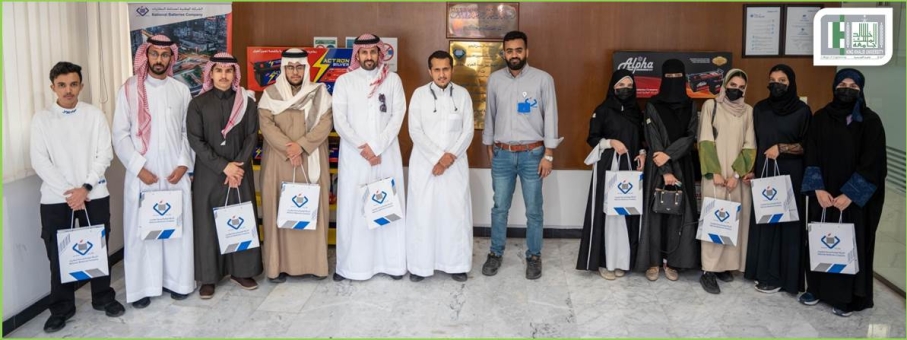Dr. Mohammed Zubair’s current research towards detecting oral tongue lesions to detect signs of oral cavity cancer was mentioned in the reputed EETimes (USA) online magazine.
He is accustomed to operating at the intersection of medical care and computer science and is on a quest to solve one of the most critical problems in one particularly painful form of cancer affecting the oral cavity. His experience is a bright spot in a new, blazing trail of experiments that are changing the way we look at medical care and cancer detection.
He has developed a novel AI based hardware solution for detecting pre-cancerous lesions on the tongue for early diagnosis of oral cavity cancer. The system showed both benign and precancerous conditions, alongside traditional diagnostics methods. What he discovered was nothing short of astonishing. His detection accuracy (percentage of correct prediction) was close to 90%, with detection inference time at around seven milliseconds. Dr. Mohammed Zubair is validating with his research what many in his field are also saying: AI can greatly improve the accuracy of cancer detection in images, and open up new ways of developing and deploying cancer screening with a new set of bionic eyes that can see and detect what a human can’t.



